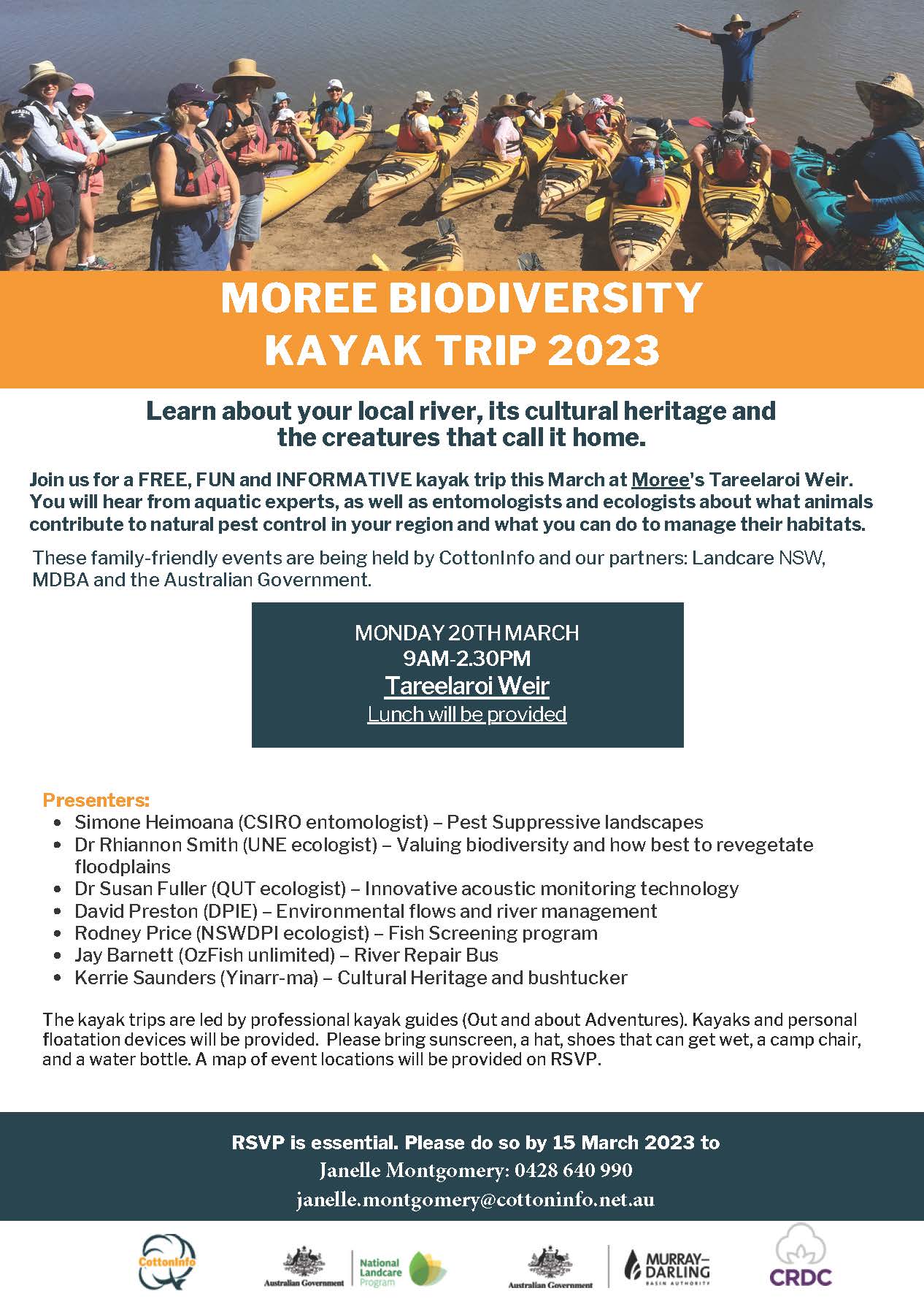Irrigators question recent efforts by Minister Plibersek to consider socio-economic impacts of buybacks
Irrigators question recent efforts by Minister Plibersek to consider socio-economic impacts of buybacks
25 February 2025, Canberra, ACT – Irrigators call out Minister Plibersek’s decision to sign off[
on purchasing another 100 GL of water in the southern Basin with questionable procurement processes and deliberately narrow evidence to
support the decision.
“The advice before the Minister to inform the decision is flawed,” said Zara Lowien, CEO of National Irrigators’ Council.
“The additional 170 GL of water (from a 2024 round and this new one), will cause a significant increase in water allocation price of around
7.2% in the southern Murray Darling, and impact some industries particularly hard, such as rice, with an estimated 6.48% drop in water use.”
“The narrow assessment only looked at buying back 170 GL/y of water and apportioned $84 million annual production losses, ignoring that more
than 2,100 GL/y is now recovered with an estimated annual farm-gate production loss between $602 million - $914 million.”
“Can the Minister really say she has considered socio-economic impacts, if the impact assessment is designed to not capture the full
impacts?” said Ms Lowien.
“Worse still, the evidence highlighted the range of government programs aimed at mitigating the known socio-economic impacts but failed to
mention the minimal progress of these other strategies”.
“Updates show there are no ‘new’ efficiency alternatives contracted, no land and water partnerships, and only NSW has signed up to their
flagship program: Sustaining Basin Communities.”

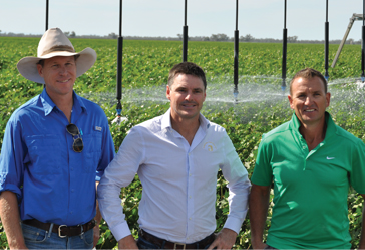
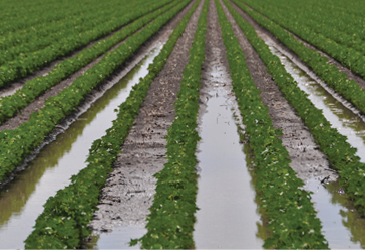
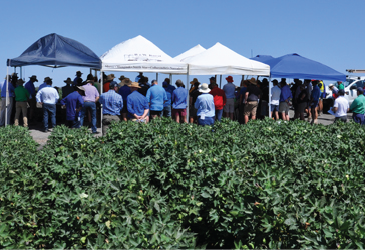
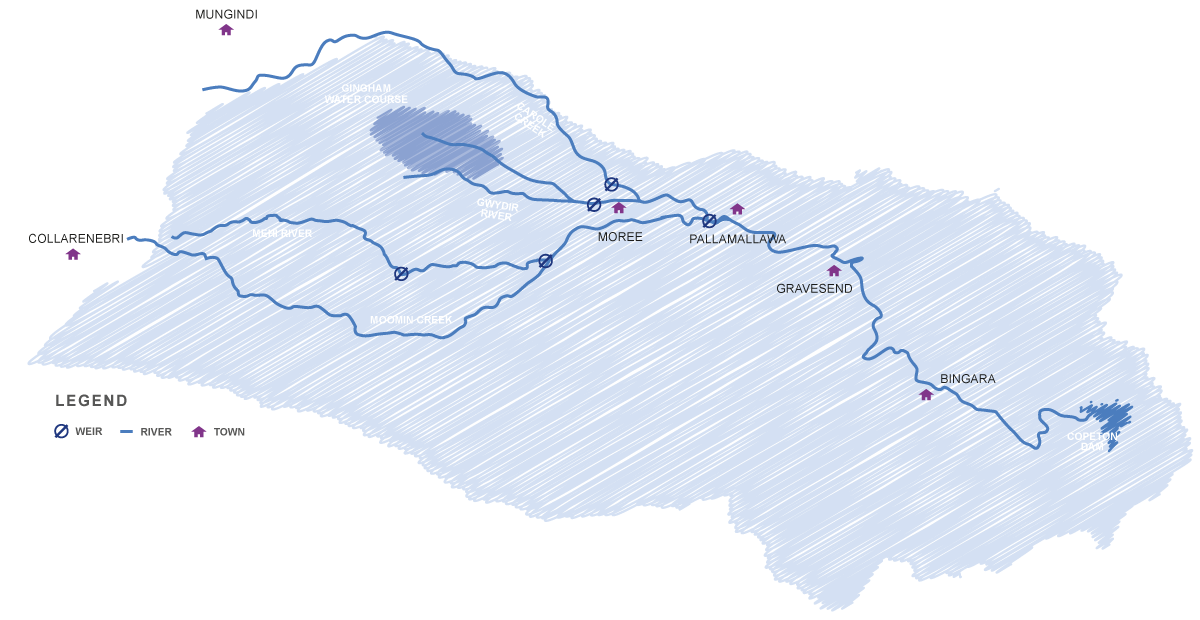
























.png)
.png)
.png)
.png)









.jpg)
.png)

.png)

[26].png)





.png)







.png)



.jpg)




.png)













